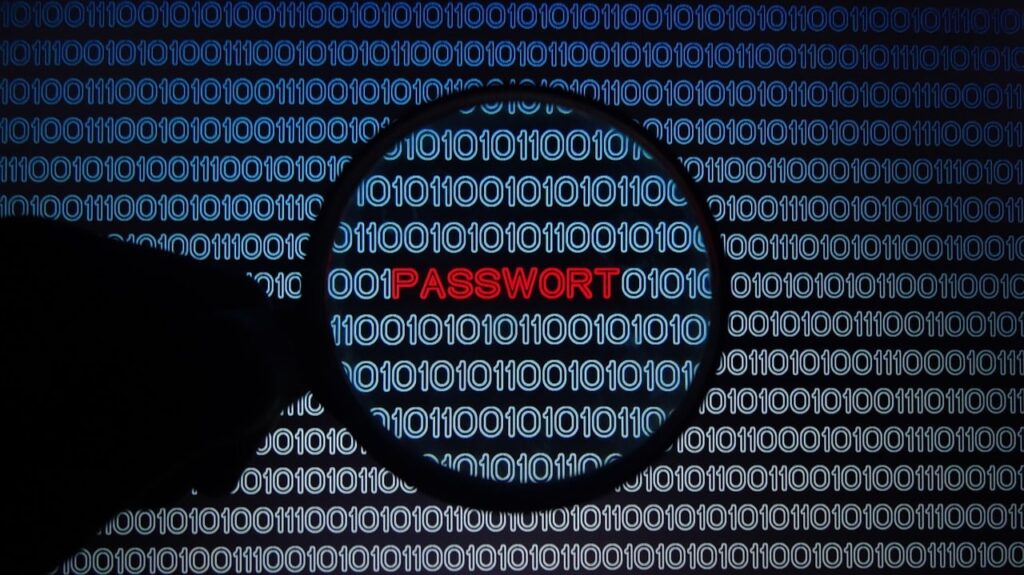In today’s digital age, passwords are the first line of defense against unauthorized access to our online accounts. A weak password can leave your personal information, financial data, and even your identity vulnerable to cyberattacks. This article will discuss the importance of strong passwords, differentiate between weak, medium, and strong password types, and provide practical tips for creating and managing complex passwords.
The Importance of Strong Passwords
A strong password is crucial for protecting your onla accounts from hackers. Weak passwords can be easily guessed or cracked using automated tools, leaving your sensitive information at risk. The consequences of a compromised password can be severe, including identity theft, financial loss, and damage to your reputation.
Understanding Password Strength
Passwords can be categorized into three main types based on their complexity:
- Weak Passwords: These are easily guessable passwords that often include common words, personal information, or simple combinations of characters. Examples include “password123,” “yourname,” or “123456.”
- Medium Passwords: While slightly more complex than weak passwords, medium passwords still lack sufficient complexity. They might combine a few letters, numbers, and symbols but still follow predictable patterns. For instance, “Password1!” or “MyB1rthd@y” are considered medium-strength passwords.
- Strong Passwords: These are difficult to guess and require significant computational power to crack. They typically include a combination of uppercase and lowercase letters, numbers, and special characters. Examples of strong passwords are “C0mplexP@ssw0rd123!” or “Th3Qu1ckBr0wnF0xJumps0verTh3L@zyD0g.”
Tips for Creating Strong Passwords
- Length Matters: Longer passwords are generally more secure. Aim for at least 12 characters, but longer is better.
- Variety is Key: Combine uppercase and lowercase letters, numbers, and special characters to create a complex password.
- Avoid Personal Information: Do not use personal information like birthdates, names, or addresses in your passwords.
- Unique Passwords: Create a unique password for each online account. Reusing passwords increases your risk of compromise.
- Password Managers: Consider using a password manager to generate, store, and manage complex passwords securely.
- Password Phrases: Instead of traditional passwords, use memorable phrases as passwords. For example, “Ilovemycatverymuch123!”
- Regular Updates: Change your passwords periodically to stay ahead of potential threats.
Managing Your Passwords
Keeping track of multiple strong passwords can be challenging. Here are some tips for effective password management:
- Password Manager: Use a reputable password manager to store and generate complex passwords.
- Avoid Writing Down Passwords: Never write down your passwords or store them in plain text on your computer.
- Enable Two-Factor Authentication: Whenever possible, enable two-factor authentication (2FA) for an extra layer of security.
- Beware of Phishing Attacks: Be cautious of emails or messages asking for your password, as they might be phishing attempts.
- Educate Others: Teach family members and colleagues about the importance of strong passwords and safe online practices.
By following these guidelines, you can significantly enhance your online security and protect your personal information from cyber threats. Remember, a strong password is your first line of defense, so treat it with the utmost care.
Would you like to add anything else to this article, or do you have another topic in mind?


